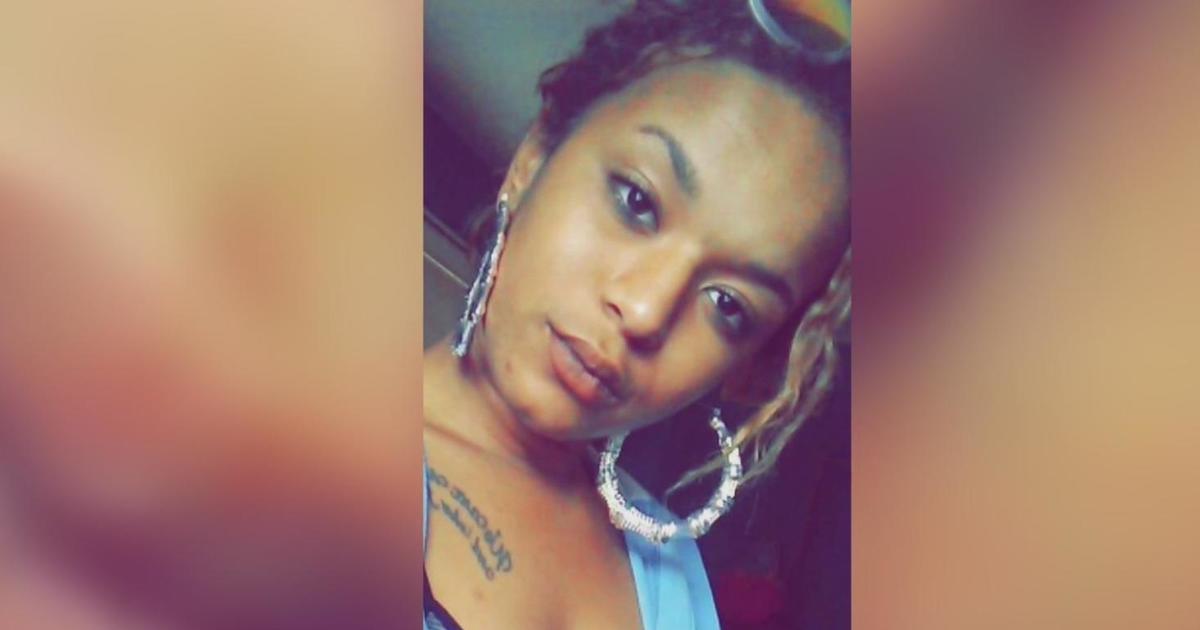When It's More Than Severe Allergies; Raising Awareness For 'Most Common, Uncommon Disease'
Follow KDKA-TV: Facebook | Twitter
DALLAS (CBS) - Emily Thomas remembers feeling ill from the time she was a little girl.
"I couldn't play sports. There were a lot of things I just couldn't do because I kind of had the body of an 80-year-old woman," she explains.
Illnesses that might take others a few days or weeks to recover from, took Thomas much longer to get over.
"When I was in sixth grade, I was out of school for six months with [mononucleosis]. Most people have mono for a couple of weeks. I couldn't kick it for half of the school year," Thomas says.
She was constantly battling upper respiratory infections like bronchitis, and pneumonia and antibiotics did little to ease her suffering.
"There was definitely a point in time where I thought I might be crazy," she admits. "I started to wonder if I was making it up, if I was a hypochondriac."
That concern is not uncommon among patients with undiagnosed Common Variable Immune Deficiency.
"Many of them believe they have extreme allergies. Some of them think they are crazy because they are always sick," says Dr. Rene Leon, and allergies and clinical immunologist who now treats Emily.
He describes CVID, as the most common, uncommon condition.
The disorder impairs the immune system, leaving patients with fewer antibodies to fight infection. In addition to frequent bacterial infections, patients may also have gastrointestinal issues like chronic diarrhea. Some may develop chronic lung disease and even need a lung transplant.
If doctors do not diagnose the condition when patients are children, it can take between 10 to 15 years for patients to finally get the proper diagnosis.
"When you do give them a diagnosis, instead of being sad, they are actually rejoiced because there's an explanation as to why they've been sick for the last 10 to 15 years, and there's a treatment," Dr. Leon explains.
A board certified allergist/immunologist can diagnose the condition with simple blood work. Treatment may entail immunoglobulin replacement therapy, which essentially boosts antibodies to fight off infection.
People with CVID also have a greater than normal risk of developing certain types of cancers. As an adult, Emily battled an aggressive, fast-growing cancer, that most commonly affects children.
She believes CVID is the common thread behind all of her illnesses.
"[Having CVID is] like if you had a house, with no doors no windows no screens and every time a storm comes, it all comes inside your house," Emily says.
After diagnosis, she finally has protection from the storm as at-home IV infusions have dramatically improved her quality of life.
Her cancer has been in remission for 11 years. She credits her faith with helping her heal, and allowing her to not give up on herself.
"It's your body. it's your business. If you have a sense that something's not right, this just can't be what [doctors] are saying it is, get a second opinion, get a third opinion."



